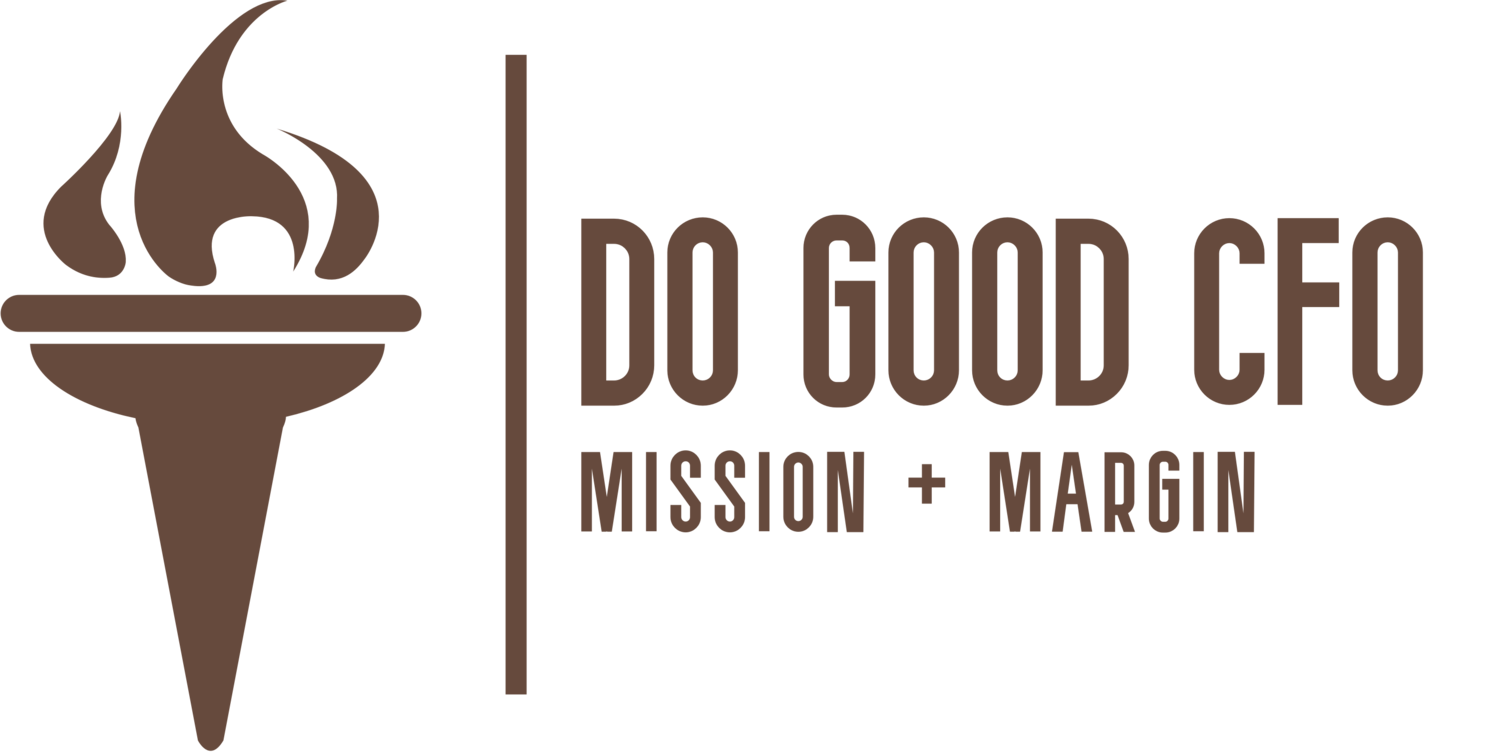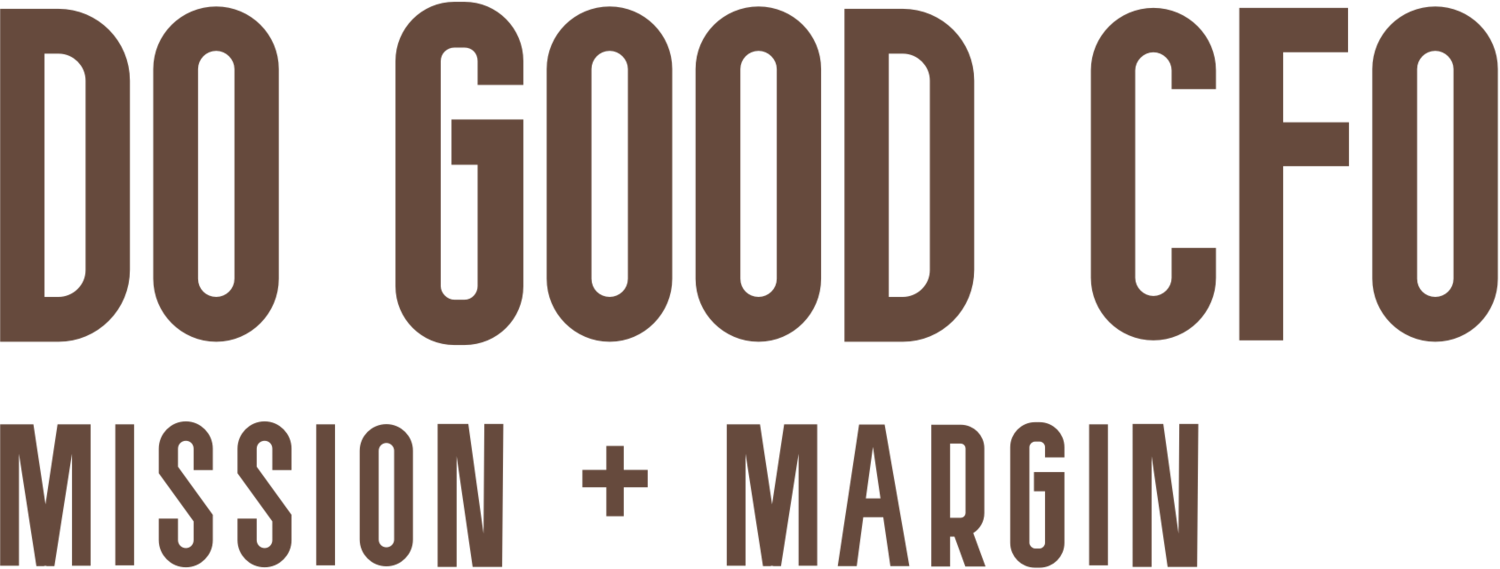How I Became a Fractional CFO
I have been running Do Good CFO since 2010. Though now we're a team of expert CFOs, at the beginning, this business was just me, serving organizations as a fractional CFO. I am frequently asked what my path was to this career. Here’s my journey to becoming a CFO for mission-driven organizations.
After returning from the Peace Corps, I knew I wanted to become a social entrepreneur. With that goal in mind, I enrolled in the Haas School of Business at UC Berkeley. Within a few weeks of arriving, I met Priya Haji, who was in the early stages of founding World of Good, a company dedicated to empowering artisans around the world. I offered to help by writing the business plan and developing a financial model to support fundraising over the next five years.
World of Good scaled quickly, working with artisans across 70 countries, securing national placement in Whole Foods, and partnering with major brands like Disney and Hallmark. We even collaborated with eBay to create a “People and Planet Positive” marketplace. During my time at World of Good, I had the invaluable experience of working closely with an experienced CFO who mentored me, allowing me to hone my skills as an operational CFO.
A few important lessons stand out from this period:
The Power of Apprenticeship: I firmly believe in apprenticeship as an ideal way to learn core skills. I started as an understudy to a seasoned, fractional CFO, which eventually led to me becoming World of Good’s CFO. This hands-on experience was crucial to understanding the role.
Embrace Low Barriers to Entry: I volunteered in the early days of World of Good when the company was just getting started, which made it easier to join the team. This opportunity allowed me to take on my dream role and eventually become a co-founder.
Operating Experience Matters: I strongly believe CFOs with operational experience bring valuable insight into running a business. This is distinct from the path of skilled accountants who become CFOs but may lack hands-on business management experience.
My time at World of Good was a crucible experience—a challenging but deeply fulfilling journey where I encountered and overcame a range of business obstacles. Through this intense experience, I discovered three things I wanted to prioritize in my career:
Working closely with social entrepreneurs, without taking on the founding role.
Working remotely from home.
Fractionalizing my CFO skills to support multiple clients and entrepreneurs.
In 2010, I set out on my path as a fractional CFO, starting my own solo practice and exclusively supporting mission-driven organizations. Over the next decade, I had the privilege of working with a variety of clients, some of whom, like Lotus Foods, I still work with 15 years later. One of the biggest lessons I learned was the importance of having difficult conversations with CEOs. Ignoring issues too long only leads to larger problems, so I’ve learned to address these head-on, even if it means the company may not be ready for a fractional CFO.
During this time, my business grew organically through referrals from satisfied clients and my existing network from World of Good. I focused more on building relationships and delivering quality work than on traditional marketing. Instead of spending money on ads, I devoted my energy to doing impactful work, which naturally built my reputation.
My approach has allowed me to work with many long-term clients with very low turnover, which has been essential for sustaining a strong business while minimizing marketing efforts. I believe my success with clients has been due to a few key practices:
Focus on Strategic Financial Advice: Rather than getting lost in the weeds, I prioritized providing high-leverage, impactful advice that CEOs could act on. My operational experience allowed me to bring practical insights to these discussions.
Clear Communication: I always communicated proactively, especially during emotionally charged situations. Addressing issues openly with clients has helped build trust and resolve challenges early.
There’s more to share, but that’s the beginning of my story.
If you’re personally interested in learning more about the specific tactics of becoming an excellent fractional CFO, I recommend checking out resources from Michael King. He offers excellent insights into the role and is incredibly articulate on the subject.

